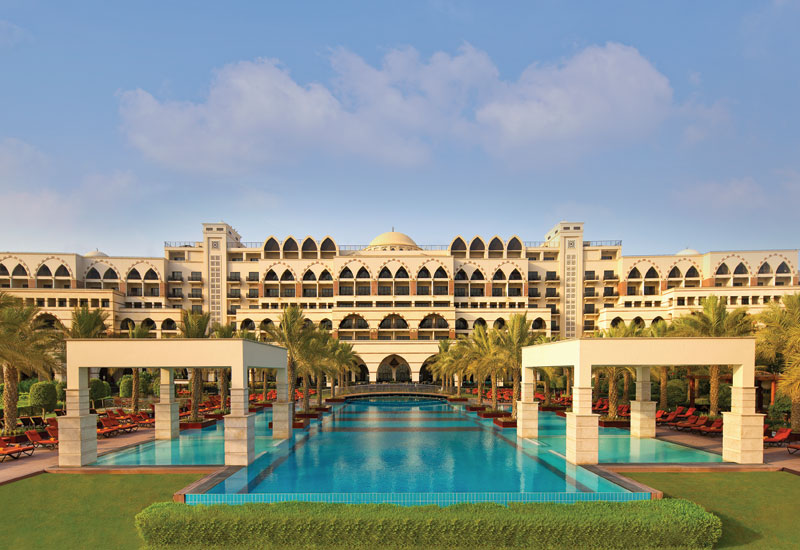This is something that Jumeirah takes seriously, to the extent that 100% of its F&B spend is bound by commercial agreements. This compares to just 10 or maybe 15 contracts in place at most hotels, according to my experience as a supplier.
“Extremely important,” were the words Bastaki used to describe Jumeirah’s dedication to contracts.
“Around 75% of our total spend is contractual,” he reveals. “It makes more sense and the process is much more efficient. Instead of constantly meeting suppliers, reviewing quotations and sampling products throughout the year, we launch one inquiry on each purchased item and the selected supplier is bound by a contract for a certain period.

| Advertisement |
Most are one-year contracts, some are two-year, and others are a few months long. Any new supplier contacting us during a contracted period will be requested to reconnect with us before the renewal, Bastaki explains.
“This way our department can focus on each spend on its own to be certain that the best value is chosen. As long as the supplier’s products and service supplied are up to par with quality, there shouldn’t be any issue with changing supplier.”
Bastaki goes on to explain that the supplier for the contract period must focus on delivering quality products, without the concern of losing business to a walk-in. “Since we are contracting the business, our department has to make sure they do everything from selection, invitation, sampling, tendering and negotiation to securing the best deal for the contract period.”
However, having a contracted supplier isn’t necessarily an unbreakable covenant, a concern that I have noticed is common with many purchasing managers. Aside for the contracted period and given that there are no product or service issues, all contracts due for renewal are reviewed and new suppliers are considered. Jumeirah Group focuses on achieving a balance between building a strategic relationship with suppliers and allowing for healthy competition between them.
“We’ve had situations in the past where we we’ve changed from long-term suppliers to new ones that offered better value and quality,” says Bastaki. “We look at all our suppliers as our partners, however, this does not mean automatic renewals of contracts. Every contract that is up for renewal is taken seriously.
All active contracts are evaluated at the end of term on the basis of pre-agreed KPIs. This is a healthy way of opening the market to new suppliers, or existing suppliers that may have improved. We want our suppliers to constantly work on reinventing themselves to be better, whether they become more competitive in pricing — as a result of being more efficient — or providing better service or quality of products.”
“The decision of awarding the business to the supplier is done after an approval process by Jumeirah’s technical experts that is done anonymously,” he says.
The sheer number of suppliers pursuing a Jumeirah Group contract makes assessing the suppliers a challenge.
“Being a globally recognised hospitality chain, there is always a responsibility on the colleagues to maintain the high standards of the brand. With the growth in the Middle East economy, we have been regularly approached by new and prospective suppliers, who want to be associated and work with Jumeirah Group,” observes Bastaki.
“It can be challenging to meet everyone and at the same time maintain strategic supplier partnerships. There has to be balance and transparency. Therefore, we have a supplier pre-qualification process in place where we ascertain strengths, weaknesses and risk profile of the new suppliers, before we can start working with them.”
Article continues on next page ...









 Search our database of more than 2,700 industry companies
Search our database of more than 2,700 industry companies









